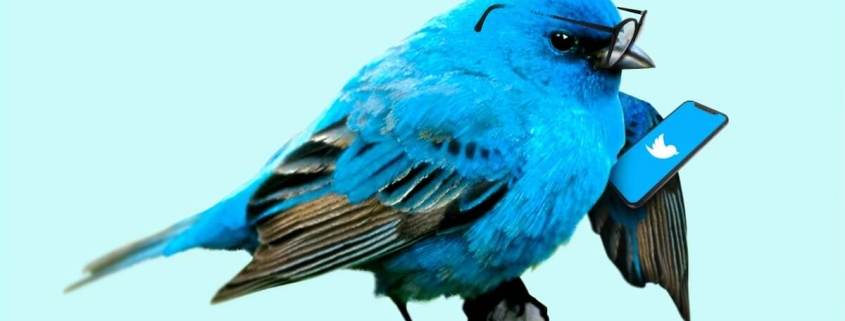Social media is changing the way that companies do business. Rather than throwing content at people we assume are interested, social media provides an arena where marketers, advertisers, and employees of all levels can interact with their customers. By increasing the flow and relevancy of information, customers are happier and companies are more knowledgeable about their consumers. On top of that, it’s an extremely effective sales tool. The advent of re-tweeting, “liking” on Facebook, and Digg has created a culture of shared content and free advertising. Users share products, links, and information with their network, who in turn share it with theirs, creating a snowball effect that touches myriad times more people than the initial experience did. For B2B Technology PR agencies this matters a lot.
But what we often do not hear about is the negative side to social media, as any company with a bad review on Yelp is brutally familiar with. Unhappy consumers can give a company a poor review any time, from anywhere. If a restaurant gave someone food poisoning, charged a little too much for a steak, or if the server wasn’t attentive, news will spread fast. Word of mouth has repeatedly been named the most influential form of advertising, so a negative review on the internet can do irreparable damage. Just think – when your friend tells you not to bother with that new restaurant down the street, are you ever going to second guess her and try it anyway? We trust what our networks tell us, especially what Ashton Kutcher tells us, and very rarely do something in spite of negative reviews.
The good news is that a solid social media program can help increase positive mentions and lessen the blow from negative mentions. Many companies focus their efforts on replying to negative Tweets; although this strategy may not solve the problem, it does make an unhappy customer feel important. Knowing that a company is acknowledging their complaint is often all that a person wants, so that small bit of attention recognizing the problem can typically prevent further negative reviews. Beyond that, many companies will offer coupons or special deals to negative reviewers in hopes they will have a more pleasant experience on a return visit and amend the original review. Every company has their own strategy, but the important thing to remember is that any conversation is better than none.
Let’s take a look at how US cities stack up in Twitter usage. A recent study done by NetProspex looked at the most active Twitter cities. Although Boston’s workforce is the fifth most active Twitter population, we fell short on business-related Twitter use, coming in 13th. All the usual suspects can be found in the top 10, so at first glance, 13 seems like a respectable ranking. But to give you some perspective, Wilmington, DE, ranked #10.
Boston, we need to step up our game and start contributing to the conversations taking place online about Boston organizations! Even if you have nothing interesting to say (which I’m sure is not true), at least show up to the party to see and be seen because if you aren’t tweeting about your company, someone else will – but they might not be saying what you want them to say.
This post was first published by Cheryl Gale on March Communications‘ blog, PR Nonsense, and may be viewed here.

